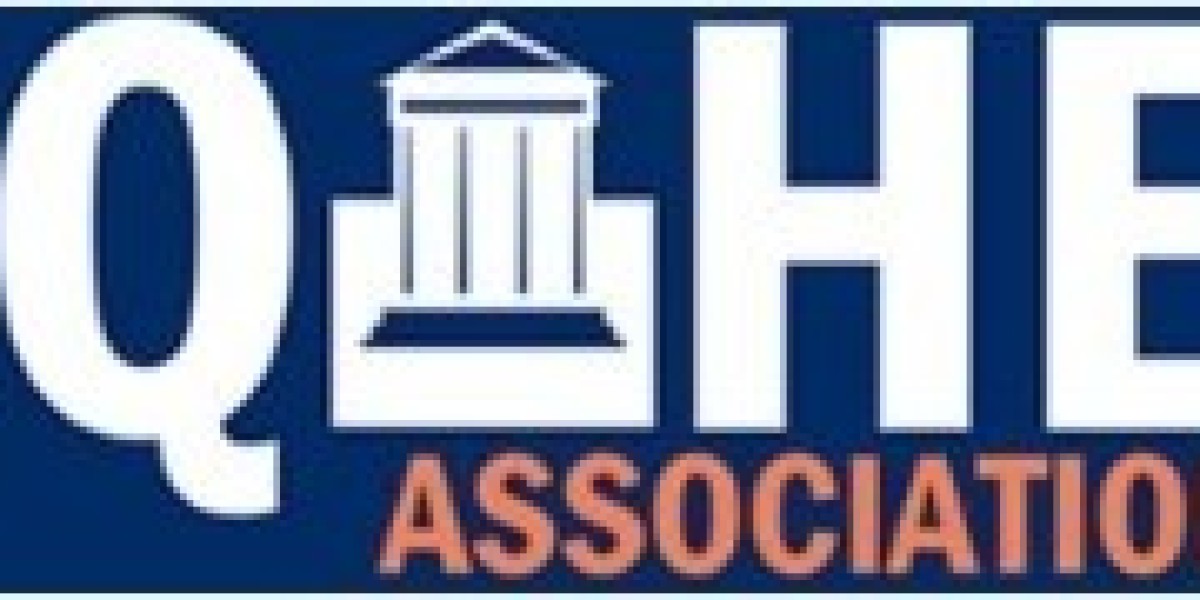In the realm of higher education, accreditation serves as a fundamental pillar, ensuring the quality and credibility of academic institutions and programs. Accrediting agencies play a pivotal role in this process, evaluating institutions based on established standards and criteria. Understanding the significance and function of these accrediting bodies is essential for students, educators, and policymakers alike.
Higher education accrediting agencies are organizations responsible for evaluating and accrediting colleges, universities, and programs within specific regions or disciplines. Their primary aim is to uphold educational quality, integrity, and continuous improvement within the institutions they accredit. These agencies set rigorous standards for academic excellence, faculty qualifications, student support services, and other crucial aspects of higher education.
Accreditation serves several key purposes within the Educational Accreditation landscape. Firstly, it assures students and the public that an accredited institution or program meets established standards of quality and rigor. This assurance is invaluable for students making decisions about their educational pursuits and for employers evaluating the credentials of potential hires. Accreditation also facilitates the transfer of credits between institutions and enables students to access federal financial aid programs.
Furthermore, accreditation fosters accountability and continuous improvement within academic institutions. Through the accreditation process, institutions undergo comprehensive evaluations of their operations, curriculum, and educational outcomes. This assessment encourages self-reflection and drives institutions to identify areas for enhancement, leading to overall improvement in the quality of education provided.
In the United States, higher education accreditation is primarily conducted by regional and national accrediting agencies. Regional accrediting agencies evaluate institutions within specific geographic regions, ensuring consistency and relevance to local contexts. Examples of regional accrediting agencies in the United States include the Higher Learning Commission (HLC), the Middle States Commission on Higher Education (MSCHE), and the Western Association of Schools and Colleges (WASC).
On the other hand, national accrediting agencies focus on accrediting institutions or programs with a particular educational mission or field of study. National accrediting agencies often specialize in areas such as professional disciplines, vocational training, or religious education. Examples of national accrediting agencies include the Accrediting Council for Independent Colleges and Schools (ACICS) and the Distance Education Accrediting Commission (DEAC).
In addition to regional and national accrediting agencies, there are specialized accrediting bodies that focus on specific disciplines or professional fields. These specialized agencies evaluate programs based on industry-specific standards and criteria. For example, the Accreditation Board for Engineering and Technology (ABET) accredits engineering and computing programs, while the Association to Advance Collegiate Schools of Business (AACSB) accredits business schools.
While accreditation is crucial for maintaining educational quality and integrity, the process itself can be rigorous and complex. Institutions seeking accreditation must undergo thorough self-assessment, submit extensive documentation, and undergo site visits and evaluations by accrediting teams. This process ensures that institutions meet established standards and demonstrate a commitment to continuous improvement.
Accreditation is not a one-time event but rather an ongoing process. Institutions must undergo regular reviews and evaluations to maintain their accredited status. This cyclical review process encourages institutions to remain responsive to changing educational needs and evolving industry trends.
Despite its importance, accreditation is not without its criticisms and challenges. Critics argue that the accreditation process can be bureaucratic and overly prescriptive, stifling innovation and diversity within higher education. Additionally, accreditation standards may not always keep pace with emerging technologies and new pedagogical approaches, leading to concerns about relevance and adaptability.








